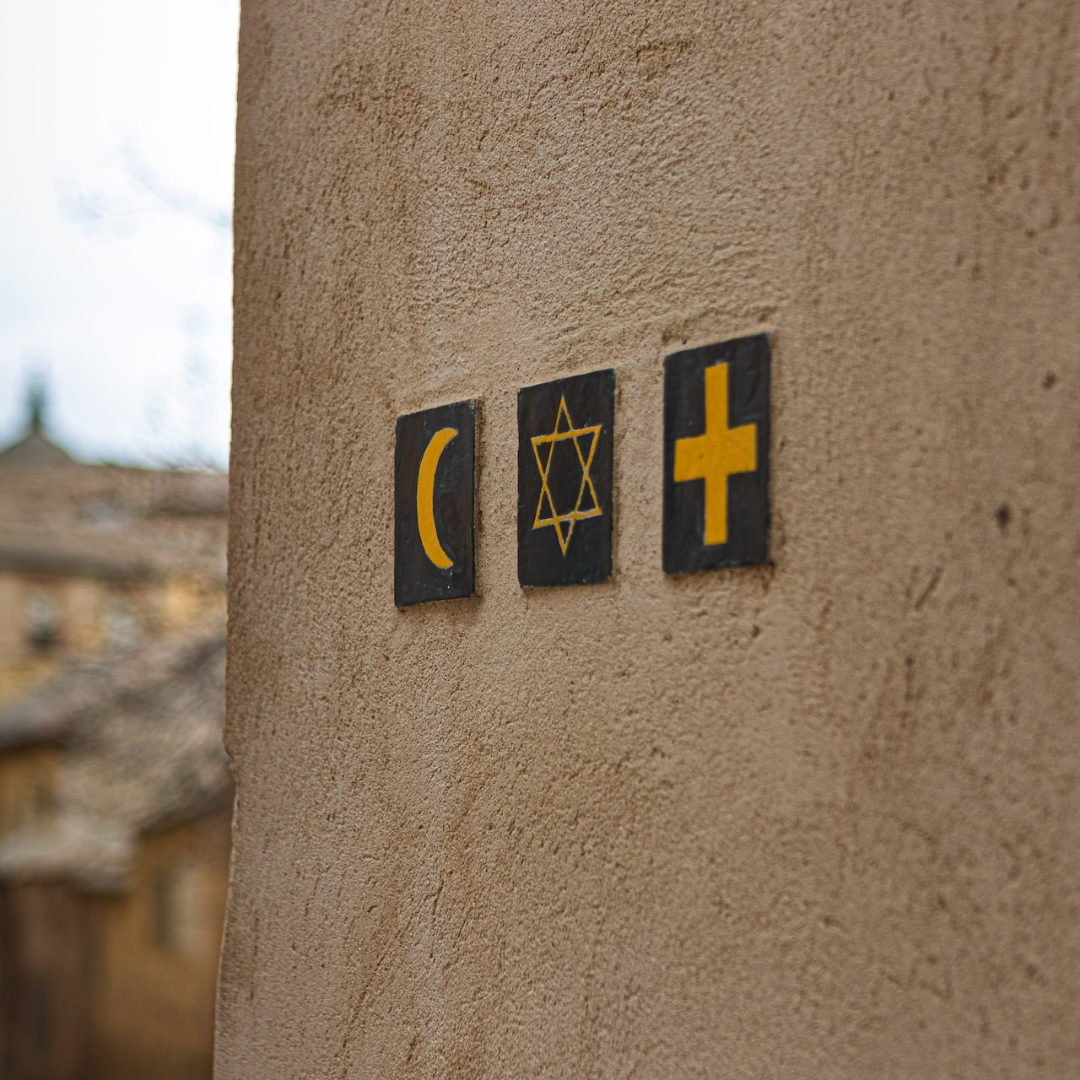By Pastor Stephen Hess –
When the Apostle Paul visited the city of Athens in Acts 17, he noticed that the city was full of idols. On one occasion he was given an opportunity to speak before the Areopagus, which was a group of leading philosophers in the city. He began his address by saying, “Men of Athens, I perceive that in every way you are very religious” (Acts 17:22). Paul could see that even though most of the people in Athens were non-Christian, this didn’t mean they were non-religious. In fact, their culture revealed that they worshiped all kinds of false gods and idols.
The same thing could be said about the United States today. Many studies have shown that in recent years that the number of people who identify as Christian has been declining while those with no religious affiliation have been growing. Some have concluded from these trends that religion itself is in decline. Yet the reality is that those who are leaving behind Christianity are not leaving behind religion. Instead, like the Athenians, they are simply practicing new religions.
In her book Strange Rites, author Tara Isabella Burton defines religion as a set of beliefs and practices that provide meaning, purpose, community, and ritual. In past generations, institutional Christianity provided these four elements for many Americans. But increasingly, many people are finding these elements outside of traditional, organized religion. Burton describes these people as the “religiously remixed” and writes, “Today’s remixed reject authority, institution, creed, and moral universalism. They value intuition, personal feeling, and experiences. They demand to rewrite their own scripts about how the universe, and human beings, operate…They prioritize intuitional spirituality over institutional religion. And they want …the freedom to mix and match, to create their own daily rituals and practices and belief systems.”
 All this is to say that Americans aren’t really abandoning religion; we are simply creating new religions in an increasingly godless world. Burton mentions three specific groups that represent this movement. First, there are the “spiritual but not religious.” This crowd maintains an interest in spirituality, but finds their primary sources of meaning and purpose outside of religious traditions—often through music or art. Second, there are the “faithful nones.” This crowd rejects traditional, organized religion but finds belonging through other communities of like-minded people. Examples include political parties, health and wellness groups, and even sports. Ironically, while the “nones” claim no religious affiliation their passion within their own communities often takes on very religious and one might say spiritual overtones. Third, there are the “religious hybrids.” This crowd would still claim to belong to a given religion, but as Burton writes, “they also feel free to disregard elements that don’t necessarily suit them, or to supplement their official practice with spiritual or ritualistic elements, not to mention beliefs, from other traditions.”
All this is to say that Americans aren’t really abandoning religion; we are simply creating new religions in an increasingly godless world. Burton mentions three specific groups that represent this movement. First, there are the “spiritual but not religious.” This crowd maintains an interest in spirituality, but finds their primary sources of meaning and purpose outside of religious traditions—often through music or art. Second, there are the “faithful nones.” This crowd rejects traditional, organized religion but finds belonging through other communities of like-minded people. Examples include political parties, health and wellness groups, and even sports. Ironically, while the “nones” claim no religious affiliation their passion within their own communities often takes on very religious and one might say spiritual overtones. Third, there are the “religious hybrids.” This crowd would still claim to belong to a given religion, but as Burton writes, “they also feel free to disregard elements that don’t necessarily suit them, or to supplement their official practice with spiritual or ritualistic elements, not to mention beliefs, from other traditions.”
America is not becoming less religious, instead it is becoming more religiously confused. To use Burton’s language, we are living in a culture that is “religiously remixed.” How should Christians respond? Here I think we can learn some wisdom from Paul’s ministry in Athens. Specifically, Paul used two approaches that we can follow.
First, Paul began by learning what people believed so that he could talk to them about their religion. In the same way, when we converse with non-Christians, we should start by asking lots of questions about their beliefs and practices. We need to help people see that even though they may claim to have no religious affiliation, they are just as religious as we are—they simply worship different things. The question is not whether a person is religious but what kind of religion they practice.
Second, Paul helped people see the deficiencies of their own religion and pointed them to the one true God. He said to the Athenians, “As I passed along and observed the objects of your worship, I found also an altar with this inscription: ‘To the unknown god.’ What therefore you worship as unknown, this I proclaim to you” (Acts 17:23). Paul exposed the fact that the Athenians were searching for spiritual truth and their current religion didn’t provide the answers for which they were looking. In the same way, Christians today can lovingly show non-believers the ways that their religions fall short while pointing them to the God of the Bible.
As Paul says, “The God who made the world and everything in it, being Lord of heaven and earth, does not live in temples made by man, nor is he served by human hands, as though he needed anything, since he himself gives to all mankind life and breath and everything…The times of ignorance God overlooked, but now he commands all people everywhere to repent, because he has fixed a day on which he will judge the world in righteousness by a man whom he has appointed; and of this he has given assurance to all by raising him from the dead” (Acts 17:24-25, 30-31).

